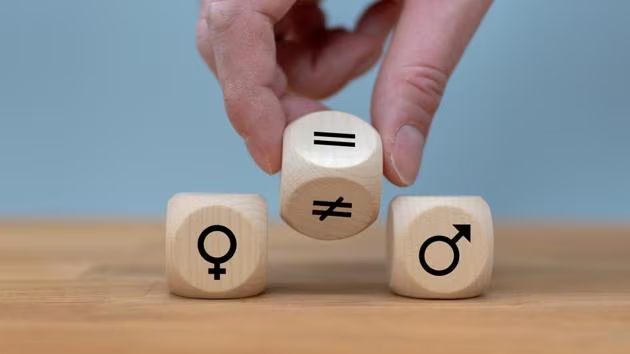If sex education is such a loaded term, call it something else — value education, life skills, consent education — but we can no longer ignore how desperately we need it in India’s school curriculums.

Projects such as The Consent Project seek to create awareness about legal protections and prohibitions. They challenge norms about what it means to be desirable, to be a man, to be “cool”. And they open conversations on personal spaces and consent.(Getty Images/iStockphoto)
In 2018, Mini Saxena, a lawyer, moved back to India from the United Kingdom (UK) and learned for the first time just how tough it was to get schools to accept the idea of consent education.
Saxena had volunteered with a consent project in middle and high schools in the UK and wanted to bring the idea to India. It would teach kids why they needed to respect boundaries, and what their protections were under the law when these were crossed.
A 2007 Government of India survey had found that 53% of children, boys as well as girls, had been abused. Surely, such a project would be welcomed.
Not quite, she says: “I approached many schools. Nobody said ‘we can’t do this’ but they kept stalling under various excuses including, ‘we need parental approval’.”
The boys’ locker room scandal tells us that young adults have active sex lives and fantasies. When these ideas come tainted with the toxic masculinity that you find in countless films, advertisements, music and politics, you need to worry. And when they spill over into talk of rape and gang-rape, you have a crisis.
“Guys trash talk girls all the time. They ‘joke’ about raping or gang-raping them. They might not be called ‘locker room’ but literally hundreds of such homophobic, anti-women groups exist across social media,” says J, a male second-year college student.
Navigating this terrain can be tricky. Is it wrong to want someone to be your girlfriend? Should you post someone’s picture without their consent, even if it’s to compliment them? What do you do if you’re uncomfortable in such a group — leave, report or just play along?
Projects such as The Consent Project seek to create awareness about legal protections and prohibitions. They challenge norms about what it means to be desirable, to be a man, to be “cool”. And they open conversations on personal spaces and consent.
Sometimes the kids will talk about their own sexual abuse by someone in their family, or a neighbour perhaps. In other cases, anxieties range from a desire to fit in to a fear of revenge porn. A woman might share an intimate photograph with a boyfriend and then, if it is leaked, wonder if it was her fault, says Saxena who holds one-hour workshops outside of school.
Custodians of India’s “culture” continue to argue against sex education, insisting it has no place in our glorious civilisation. They, and we, need a reality check.
If sex education is such a loaded term, call it something else — value education, life skills, consent education — but we can no longer ignore how desperately we need it in India’s school curriculums.
“We keep telling girls how to prevent bad things from happening to them. And, yes, they need to know how to protect themselves,” says Saxena.
“But we really need to start talking to the boys.”
Namita Bhandare writes on gender
The views expressed are personal